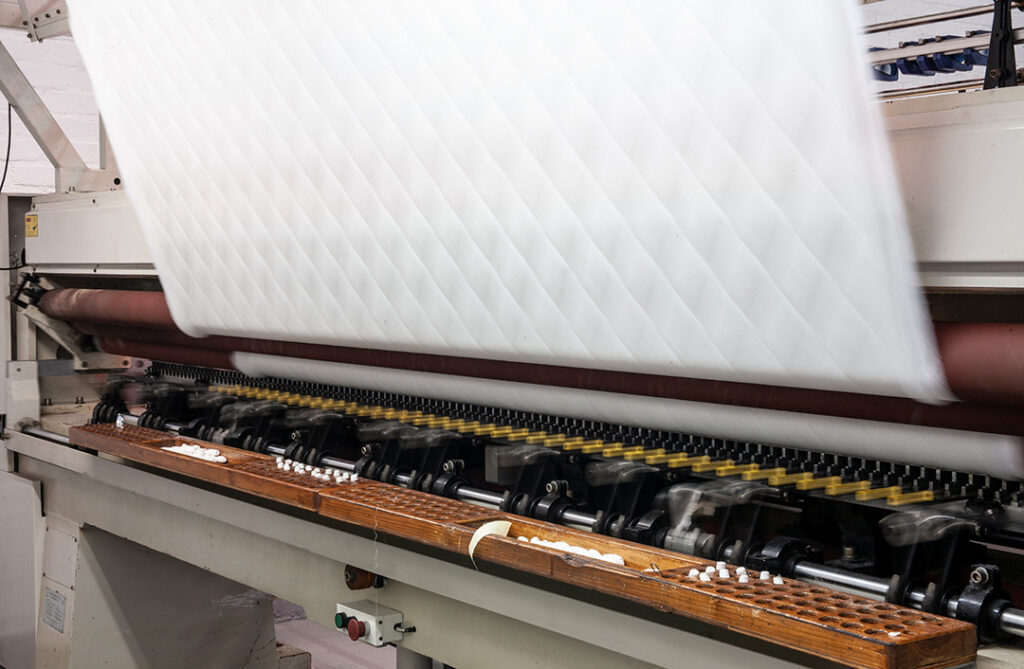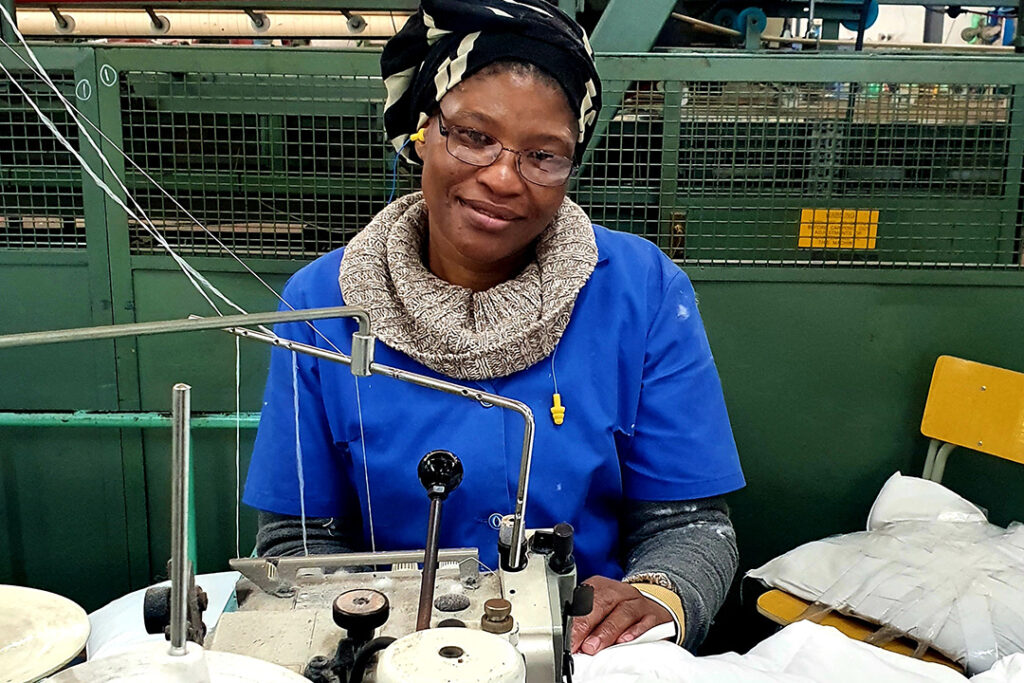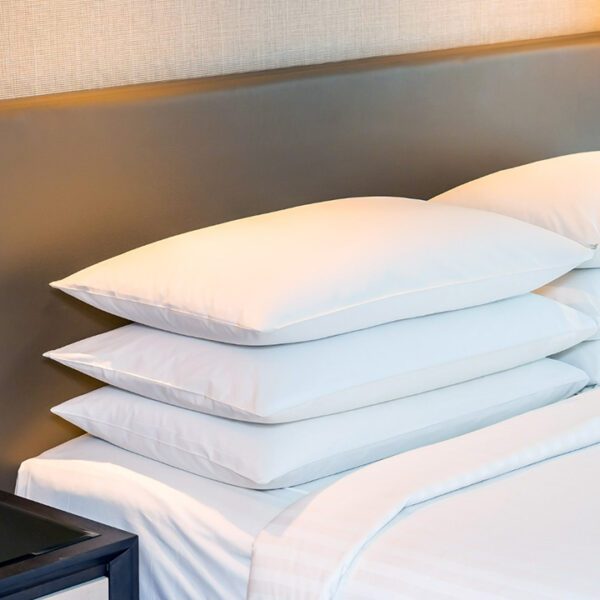South African retailers have long relied on textile imports, particularly from China and the rest of Asia, to offer cheaper products to customers. Whether it’s rolls of fabric, clothing, linen or homeware, a large percentage of locally-sold textiles have been brought in from overseas.
Local retailers are now making significant steps towards sourcing a larger portion of their products and supplies from within South Africa. The local textile industry is important for the economy and job creation. While it is prosperous, cheap imports have resulted in a steady decline in the sector since the mid-1990s.
Today, more than half of all textiles sold by local retailers are imported from Asia. Local textile manufacturers have had to become innovative in their strategies and target markets. They have had to adapt to a highly-competitive sector and invest in new technologies to remain relevant.
Romatex has survived in this industry for decades. As a leading manufacturer and supplier of stitch-bonded non-woven material and other textiles in South Africa, the company has made significant investments in its facilities and machinery in recent years. We supply textiles to local retailers, supermarkets and hospitality companies, offering a local and affordable range of products.

Retailers have started to source locally
While government intervention takes place from time to time to restrict textile imports, local retailers have now come to the fore. Large enterprises, such as Mr Price, Pick n Pay, Truworths and Foschini, have committed themselves to supporting the local textile manufacturing industry through procurement and partnerships.
This will ensure that world-class fabrics and textile products can be bought and sold within our borders. The quality of local textiles is on par with worldwide standards, but sourcing these materials in South Africa will boost job creation, the textile sector and the economy as a whole.
Local retailers are hoping to source 60% of all textile products from within the country during the next five years. This should create around 121 000 new jobs in the textile industry by 2030. Although there are many challenges to address, the first steps have been taken through this commitment.

Ripple effect of sourcing locally
The move to procure textiles within the country will not only benefit retailers and textile manufacturers but will also help the agriculture industry. In the early 1990s, before massive imports from Asia were allowed, South Africa produced around 80 000 tonnes of cotton per year.
This has decreased by around 90% as farmers started turning their attention to more profitable crops. However, the decision to source textiles locally could see a resurgence in South Africa’s cotton production. In addition, other raw materials used to manufacture certain textiles will also experience growth.
For example, Romatex manufactures stitchbond from recycled polyethylene terephthalate (rPET) – the plastic most commonly used to produce beverage bottles. As more retailers find innovative uses for stitchbond, the recycling supply chain and the textile manufacturing industry will see benefits and growth.

Proudly South African
Most South Africans are familiar with the ‘Proudly South African’ checkmark. This long-standing ‘buy local’ campaign was established in 2001 but was first theorised at the 1998 Presidential Job Summit, which was convened by the late former President Nelson Mandela.
The renowned logo is a symbol of pride for locally manufactured goods. More recently, retailers and clothing stores have been including this logo on the tags of products that are made from local textiles and other materials. Alternatively, some retailers have just been putting the South African flag on their garments.
It’s a showcase of development and investment in the local textile sector and economy. The retailers benefit from reduced lead times, closer partnerships with suppliers and high-quality textiles, whereas the manufacturers benefit from a growing local customer base and increased purchases.
Romatex produces customised textile products for each of its retail customers in South Africa. These include replenishment lines (RPL) which are difficult to import on a regular basis, so Romatex has become a vital local supplier that offers quality, reliability and affordability. For more information about our various products and textiles, please contact us today.
___
Romatex is a leading manufacturer and supplier of stitchbond and other textiles for the retail and hospitality sectors. Romatex is a Level 2 B-BBEE company that is owned by Deneb Investments Limited, a subsidiary of Hosken Consolidated Investments (HCI), which is listed on the Johannesburg Stock Exchange (JSE).
Our head office is based in Cape Town but we have branches in Gauteng, KwaZulu-Natal, the Eastern Cape and the Free State. For more information about our products, please contact info@romatex.co.za. Follow us on Facebook, LinkedIn and Instagram for our latest news and industry insights.

